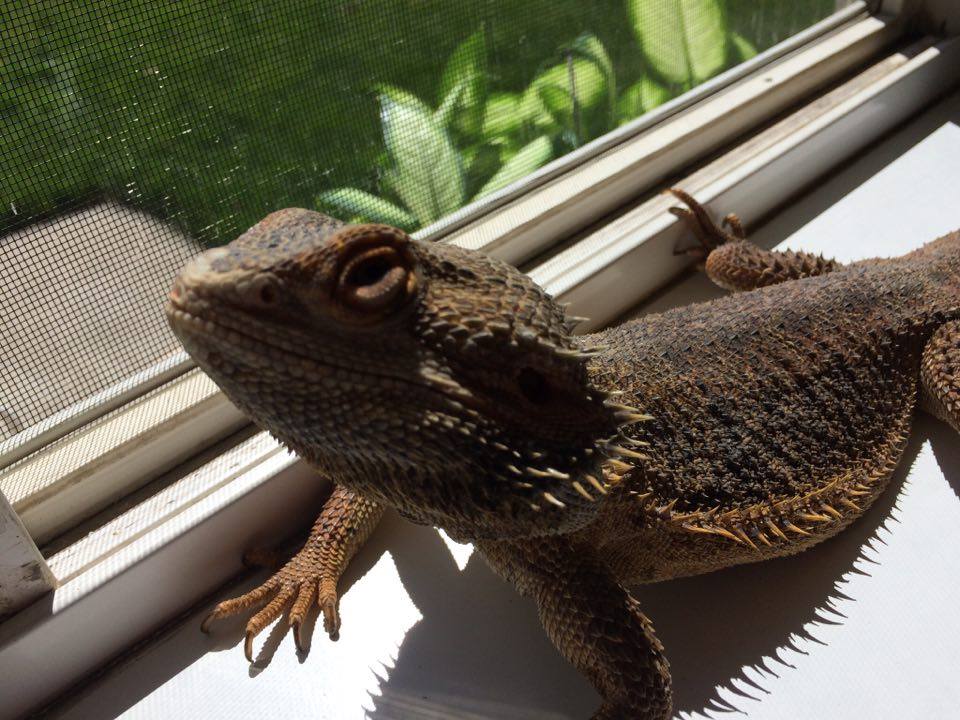Why Does My Bearded Dragon Smell and What Can I Do About It?
Why Does My Bearded Dragon Smell?
Bearded dragons are lovely pets, but they can sometimes produce an unpleasant odor. While a mild smell is normal for reptiles, unusually intense or foul smells can indicate underlying health issues, poor hygiene, or inadequate habitat conditions. In this blog post, we will explore the common reasons why your bearded dragon may smell and what you can do to prevent it.
Reasons Why Your Bearded Dragon May Smell
1. Poor Hygiene
Bearded dragons require regular cleaning and maintenance to keep them healthy and odorless. If you do not clean their terrarium and accessories frequently, waste, food residues, and shedding skin can accumulate and emit a pungent smell. Be sure to clean the terrarium with a reptile-safe cleaner and disinfectant, remove feces and uneaten food daily, and replace the substrate at least once a month.

2. Inadequate Diet
Your bearded dragon’s diet can also influence its odor. If you feed your pet low-quality or inappropriate food, such as processed pellets, fruits, or vegetables, it may lead to digestive problems, diarrhea, or constipation, which can cause a strong smell. Bearded dragons need a balanced diet of live insects and fresh greens, according to their age and size. Consult with a veterinarian or reptile specialist to determine the best diet for your pet.

3. Respiratory Infections
Respiratory infections, such as pneumonia or bronchitis, can cause your bearded dragon’s breath to smell bad, similar to human halitosis. These infections can be the result of poor habitat conditions, inadequate temperature or humidity, or exposure to pathogens. Symptoms of respiratory infections may also include wheezing, coughing, nasal discharge, or lethargy. If you suspect your pet has a respiratory infection, contact a veterinarian as soon as possible.

4. Skin Infections
Bearded dragons can develop skin infections, such as fungal or bacterial infections, that may emit a foul or musty smell. These infections can be caused by poor hygiene or injuries, and may manifest as crusty or discolored skin, blisters, or open wounds. If you notice any signs of skin infection on your bearded dragon, seek veterinary assistance to diagnose and treat the condition.

How to Prevent Bearded Dragon Odor
Preventing bearded dragon odor mainly requires good hygiene, proper diet, and suitable habitat conditions. Here are some tips to help you maintain a healthy and odorless environment for your pet:
- Clean the terrarium daily and replace the substrate monthly
- Remove feces and uneaten food promptly
- Offer a balanced diet of live insects and fresh greens
- Avoid feeding your bearded dragon processed food or fruits and vegetables high in sugar
- Provide the appropriate temperature and humidity in the terrarium based on your pet’s needs
- Use a reptile-safe cleaner and disinfectant for the terrarium and accessories
- Seek veterinary attention if you notice any signs of illness or infection on your pet.
Final Thoughts
Bearded dragons are wonderful pets that can make a great addition to your family. However, like any animal, they require proper care and attention to stay healthy and happy. By following the tips in this blog post, you can prevent unpleasant odors and promote your pet’s well-being.
